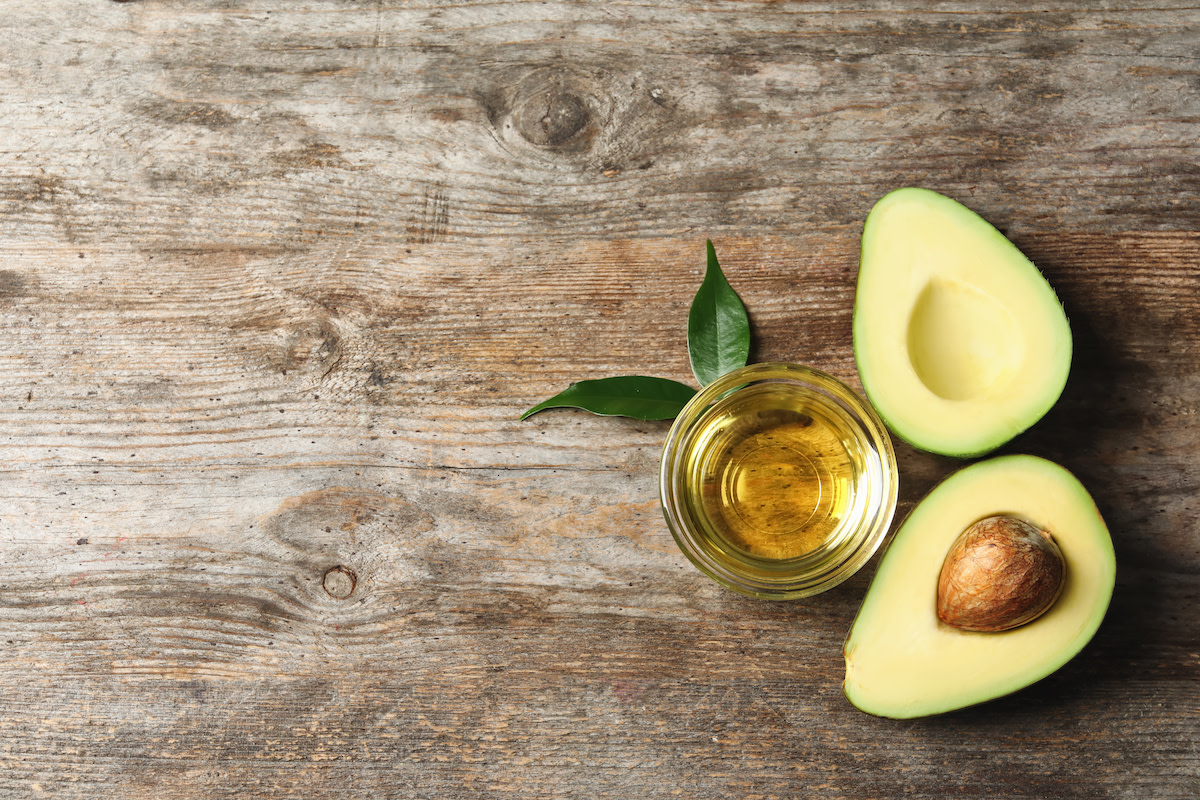What Is Avocado Oil? A Guide to Cooking With Avocado Oil
Written by MasterClass
Last updated: Jan 31, 2023 • 2 min read
Oil made from avocados—the fruit of the avocado tree (Persea americana)—is the hot new cooking fat. But how do its health benefits stack up against other healthy oils?
Learn From the Best
What Is Avocado Oil?
Pressed from fresh avocado pulp, which is up to 25 percent fat, refined avocado oil has the highest smoke point of all plant-based cooking oils (510–520 degrees Fahrenheit; unrefined, extra-virgin avocado oil has a lower smoke point). It's more than 50 percent monounsaturated fat, which makes avocado oil less prone to oxidation than polyunsaturated oils, but still liquid at room temperature (unlike saturated fats).
Why Has Avocado Oil Become Popular?
Avocado oil has recently attracted Paleo folks who need a healthy-fat variation so all their food doesn’t taste like coconut oil. Currently, most avocado oil is produced in Mexico, but 2016 marked the first large-scale production of avocado oil in the US.
Is Avocado Oil Healthy?
Avocado oil is high in monounsaturated fat (a.k.a. oleic acid), which is considered more heart healthy than saturated fat due to its shape—zigzag rather than straight—while being slightly more stable than the polyunsaturated fats typically found in vegetable oils.
It’s also a good source of omega-9 fatty acids, the anti-inflammatory antioxidant vitamin E, and lutein (which promotes vision), but you’ll get the most out of avocado oil if you consume it raw, in cold-pressed form, since fats tend to break down with cooking. Avocado’s essential oils, used in and out of cooking, are thought to aid dry skin and help with skin care overall.
How Healthy is Avocado Oil Compared With Other Oils?
Avocado contains about 12 percent saturated fat, less than coconut oil, palm oil, cottonseed oil, peanut oil, soybean oil, extra-virgin olive oil, corn oil, and sunflower seed oil, but more than grapeseed oil, canola oil, safflower oil, and walnut oil. Compared to olive oil, plenty of phytosterols (steroids that lower LDL cholesterol) remain in avocado oil even after long periods of high-heat exposure.
What Are the Culinary Uses for Avocado Oil?
Its high smoke point means that even unrefined, extra-virgin avocado oil is a viable option for high-heat cooking, such as sautéing, roasting, and searing (extra-virgin avocado oil’s smoke point is around 375–400 degrees Fahrenheit—higher than that of many refined oils); though unrefined avocado oil is hardly neutral in flavor: it tastes strongly of—surprise!—avocado.
However, you’ll lose those rich, buttery, and nutty flavors—and also its vitamin E—with prolonged exposure to high heat. Unrefined avocado oil adds an herbaceous flavor to no-heat applications, so use avocado oil in vinaigrettes.
Can You Fry With Avocado Oil?
With its high smoke point, avocado oil is absolutely suitable for frying—the problem is that, like olive oil, avocado oil tends to be on the pricier side, so it’s not likely to be your first choice when filling up the deep-fryer.
3 Avocado Oil Recipe Ideas
- Avocado oil mayonnaise: Refined avocado oil’s neutral taste makes it a great choice for a homemade mayonnaise recipe.
- Salad dressing: Try pairing unrefined avocado oil with cilantro, lime juice, and yogurt for a vibrant, creamy salad dressing. Or make an avocado oil vinaigrette with dijon mustard, fresh lemon juice, garlic cloves, and kosher salt.
- Pan-seared fish: High-smoke-point avocado oil is ideal for achieving a crispy skin on a filet of fish seared in an extra-hot pan.
Learn more cooking techniques in Chef Thomas Keller’s MasterClass.
Want to Learn More About Cooking?
Become a better chef with the MasterClass Annual Membership. Gain access to exclusive video lessons taught by the world’s best, including Dominique Crenn, Gabriela Cámara, Joanne Chang, Alice Waters, Mashama Bailey, Niki Nakayama, and more.
